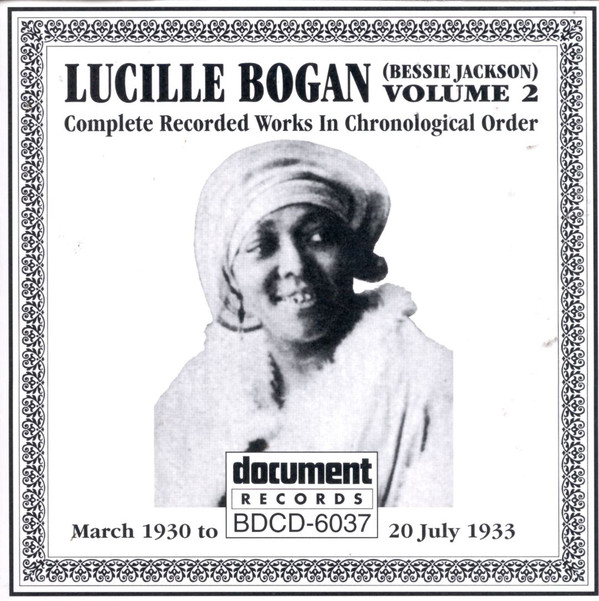Sarah Lapean ’23
I’m sure you all have heard “WAP” by Cardi B and Megan Thee Stallion, and you’ve heard many objections to it. Some people wanted to ban the song altogether because of its explicit lyrics and the bad example they thought it would set for girls.1 However, the debate over “WAP” is fodder for another day (as is the breathtaking cover video with Mac Daddy… but you know what, I’m just going to drop that here anyway for your personal viewing enjoyment… “WAP – Cardi B Ft. Megan Thee Stallion | Created by: Nicole Kirkland”).
Anyway, songs like “WAP,” “Blurred Lines” by Robin Thicke, or “If U Seek Amy” by Britney Spears are often accompanied by a crowd of parents complaining about new singers and how the modern entertainment industry is such a trashy place. They say that back in the good old days, this kind of thing never happened. Musicians sang about respectable stuff. No one would dare to sing about intimate body parts or sexual activities before the end of culture as we know it in the mid-20th century, right?
Well, not exactly. In fact, they couldn’t be more wrong.
Let me introduce you to Lucille Bogan, also known as Bessie Jackson, one of the first female blues singers of the 1920s and 30s. All her songs were what would politely be called raunchy, and more plainly be called explicitly sexual. “Shave ‘Em Dry” is a sultry tune about, basically, how horny she is. The entire song is about how much she wants to have rough sex with her partner. It’s one of those songs that you don’t expect to have to hastily turn down in the same room as your parents, but believe me you’ll want to, given the number of f-bombs and intimate body parts she casually drops, not to mention the suggestive hollers Lucille belts out throughout the song. Another gem is “Till the Cows Come Home”, a somewhat slower meditation that also drops some f-bombs and mentions both male and female genitals. For an idea, the name of the song is referring to how long she would like to, ahem, be pleasured. All of this is heard on scratchy vinyl recordings from the 1920s, remember. And people thought that grinding was a modern problem from middle school dances…
Those two songs are by no means outliers among Lucille’s recordings. She sang almost exclusively about sex, and not only sex itself, but “prostitution, adultery and lesbianism, and social ills such as alcoholism, drug addiction, and abusive relationships.”2 One of these other taboo songs was “B.D. Woman’s Blues”, believed to stand for “bull dyke” or “bulldagger” women, both slang terms for Black lesbians.3 Although admittedly a much tamer and less explicit song than those mentioned before, it is thought of as one of the first lesbian blues songs, beaten only perhaps by Ma Rainey’s “Prove It On Me”.4 Another controversial theme was Lucille’s personal struggle with alcoholism, as shown in “Sloppy Drunk Blues”, whose slow, wavering vocals and timid piano seem to show regret mixed with resignation. Finally, “They Ain’t Walking No More” provides an intimate look into the necessity that forced many sex workers to their jobs.
Lucille was born in Mississippi in 1897. She would go on to record in both New York and Chicago. She collaborated with artists such as Tampa Red, Cow Cow Davenport, and Walter Roland. With Roland she ended up recording over a hundred tracks for ARC’s Banner label.5 After the release of “Shave ‘Em Dry” in 1935, the record label did not renew her contract. She passed away in Los Angeles, CA, in 1948. Sadly, she does not get the lip service she deserves. Although recently she was referenced in Netflix’s “A History of Swear Words” (for good reason, as you’ll see once you take a listen), not enough is being said about this pioneering, Black blues singer who freely warbled about topics that still encounter censure today. Celebrate Lucille Bogan by listening to her music…but maybe not when your parents are in the room.
1 Monet, Dejat. “Conservatives Fight to Ban Cardi B and Megan Thee Stallion Over ‘WAP’ Song.” Hollywood Unlocked. 8 Aug. 2020. https://hollywoodunlocked.com/conservatives -fight-to-ban-cardi-b-and-megan-thee-stallion-over-wap-song/
2 “Lucille Bogan aka Bessie Jackson.” The Syncopated Times. https://syncopatedtimes.com/ lucille-bogan-1897-1948/
3 “Lucille Bogan aka Bessie Jackson – Shave ‘Em Dry / B.D. Woman’s Blues.” Song Bar. 7 Sept. 2018. http://www.song-bar.com/song-of-the-day/lucille-bogan-aka-bessie-jackson-shave-em-dry-bd-womans-blues
4 Day, Meagan. “Bulldykers and lady lovers: the rumors about lesbian blues singers were all true.” Timeline. 1 Jul. 2016. https://timeline.com/lesbian-blues-harlem-secret-f3da10ec2334
5 “Lucille Bogan.” All About Blues Music. https://www.allaboutbluesmusic.com/lucille-bogan/

